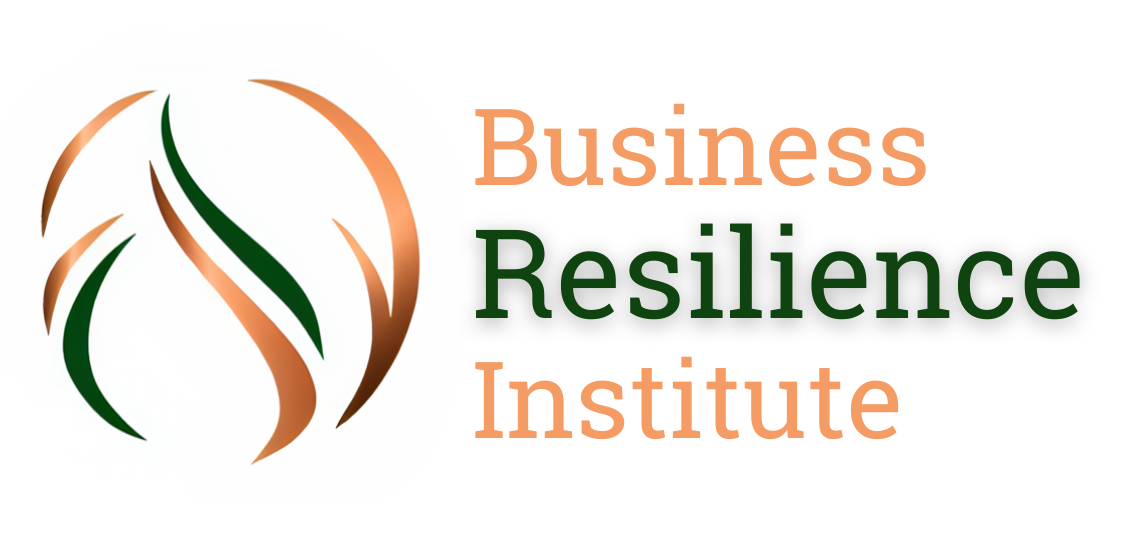Leadership & Culture
Business Resilience can be understood the ability of an organization to respond to context changes quickly and with ease when there is no choice but to act. Is more than a strategy or plan it’s about cultivating an environment that inherently enables business adaptability, continuity, responsiveness, recovery, and growth. By focusing on these areas, organizations can ensure they are not only prepared to face disruptions but equipped to thrive in the face of adversity, securing a resilient future.

The Heart of Business Resilience
This dimension underscores the profound impact that organizational culture and leadership have on building resilience. This dimension focuses on several critical aspects:
Fostering a Resilient Culture
A resilient culture is characterized by a strong sense of belonging, common identity, a sense of duty, and a commitment to a meaningful vision. This type of culture empowers employees, fosters a supportive and cohesive environment, and aligns everyone towards a common goal. It’s about creating an organization where every member feels part of something significant, understanding that their contribution is vital to navigating challenges and driving success.
Resilient Leadership vs. Leadership for Resilience
Resilient Leadership is essential for responding to disruptions with determination. It involves staying calm and positive under pressure, making informed decisions, and communicating effectively with stakeholders during crises. Resilient leaders are the bedrock on which organizations can rely during turbulent times.
Leadership for Resilience, on the other hand, is focused on proactively developing structures, cultures, and practices that enable the organization and its teams to adapt to disruptions, recover from setbacks, and emerge stronger. This form of leadership is about laying the groundwork for resilience before adversity strikes, ensuring the organization is perpetually prepared and adaptable.
Dynamic Corporate Governance
Effective corporate governance is crucial for resilience, particularly dynamic governance strategies that allows for control distribution and decentralized decision-making at the operational level in response to disruptions. This approach ensures that those with the most relevant knowledge and situational awareness can make decisions swiftly, enhancing the organization’s responsiveness and adaptability during crises at all levels and in all areas.
Resilient Corporate Strategy
Incorporating resilience as a key factor in corporate strategy is vital. Organizations must recognize the importance of resilience not only in times of crisis but as a cornerstone of strategic planning when the situation is stable. This proactive stance ensures that the organization is always prepared for future disruptions, avoiding the pitfall of scrambling to respond when a crisis hits.
Nurturing a Resilient Workforce
A resilient workforce, at all levels and in all areas, is informed, prepared, and empowered. Employees should be capable of accepting reality in case of disruptions, viewing challenges as opportunities, and activating ingenious thinking. Comprehensive instruction on business resilience is essential, ensuring every team member understands their responsibility to do whatever is in their hands to ensure the organization’s continuity and pursuit of its vision. This includes acting with integrity and being ready to make decisions when necessary.


